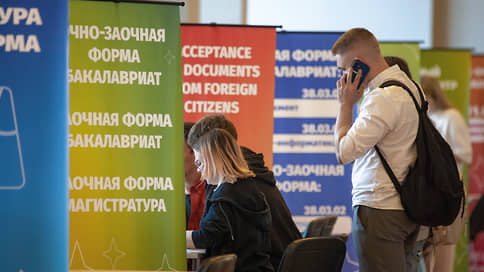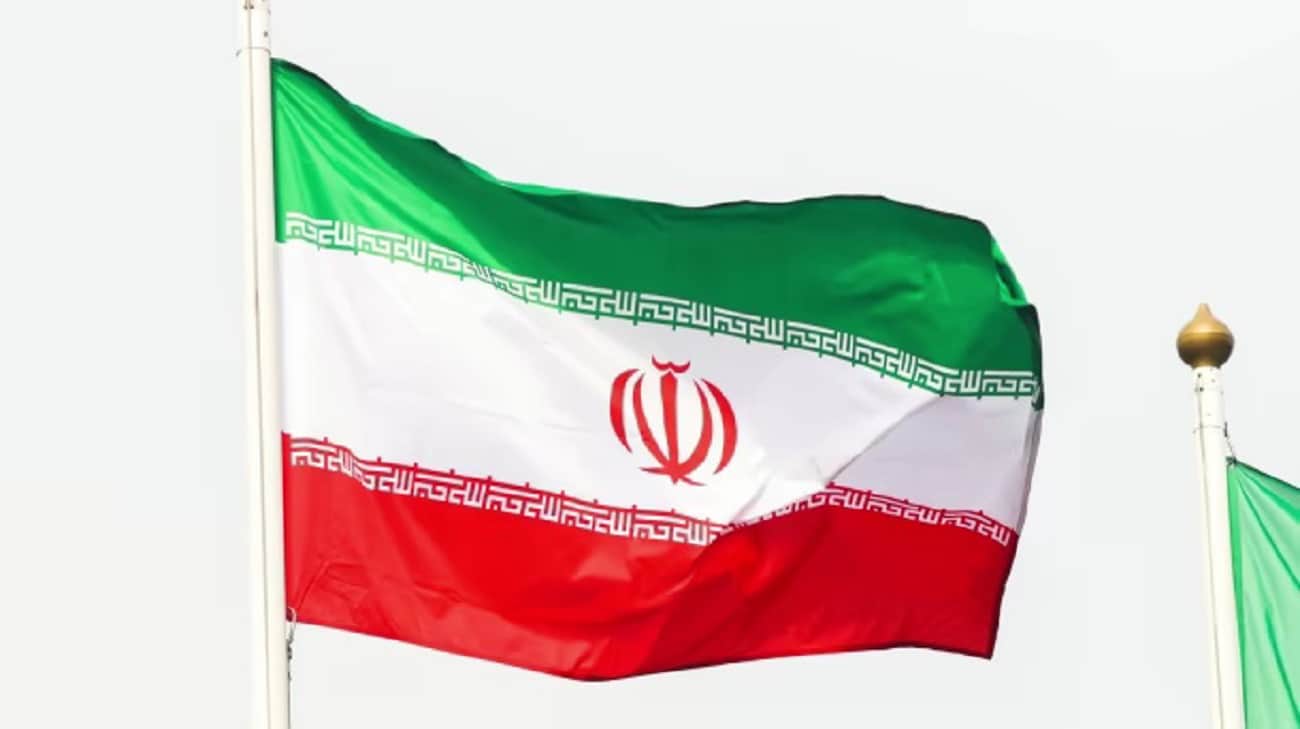The number of people accepted to universities to budget places increased in the regions stronger than in Moscow

The Institute of Statistical Research and Economics of Knowledge (Isiez) of the Higher School of Economics will present on Monday, April 28, the results of the analysis of the dynamics and the structure of admission to training under the programs of undergraduate, specialty and master’s programs in 2024. “Kommersant” got acquainted with the numbers in advance, from which it follows that the total number of those entered in universities is still growing-and it is primarily not about the capital’s universities. Paid reception also increases – mainly due to non -state universities. A paid reception remains the main locomotive of educational migration to Moscow from other regions, researchers note.
In 2024, the number accepted for training in the programs of undergraduate, specialty and magistracy due to budget allocations in Russia amounted to 566.1 thousand people. Since 2019, their number has increased by 11% (from 508.2 thousand). In the undergraduate and specialty, the growth of “state employees” amounted to 16%, and in the magistracy, admission to training at the expense of budgetary funds decreased by 1%.
“The number of budget places is growing in Russia,” explains one of the authors of the study, director of the Center for Statistics and Education of the Education of Isiez Nikolay Shugal. “At the same time, the number of budget places is growing in the regions, and not in Moscow.”
In addition to Moscow (94 thousand people were accepted on the budget, this is noticeably more than in 2019-85.3 thousand, but less than in 2022-96.2 thousand), St. Petersburg (49.1 thousand new “state employees”), Tatarstan, Sverdlovsk and Rostov Region became. Among the leaders on the increase in the budget from 2019 to 2024 – the Belgorod region (+42%), Tatarstan (+33%), Bashkiria (+29%), Sverdlovsk (+28%) and Tomsk (+26%) areas.
In Moscow, an increase in the budget for five years amounted to 10%, in the undergraduate and specialty – by 15%. In the magistracy, the reception has not changed. In the rest of Russia (researchers analyzed data in all regions, except for new territories), the budget reception for the same period increased by 12%. At the same time, the ratio of the number of residents of Moscow and the Moscow Region and graduates of secondary schools in the territory of the metropolitan region below the average average for the constituent entities of the Russian Federation – 57% versus 65%. “On average, for every 100 graduates of schools in the Moscow region there are 64 budget places,” says Rector of the Russian State Humanitarian University Andrei Loginov. “This is low, even just lower than the average level in Russia. The Moscow region is in 30th place in this parameter, that is, many other regions are provided with budget places better. At the same time, for 64 places that occur in 100 Moscow applicants, they have to compete with talented guys from all over the country, who are also trying to enter the leading Moscow universities. If we talk about budget places, then in state universities in 100 Moscow applicants there are even less than 30 of them. ”
The number accepted for paid training programs in undergraduate, specialty and magistracy grew in the same five years by 18%.
The growth of paid admission took place mainly due to private universities: in them the number of warders increased by 91.1 thousand against 19.6 thousand in state universities. In state institutions, the growth of paid places was thus only 4%.
“The presence of a paid admission in non -state universities expands access to higher education for children who have not gone to public universities priority for them,” says the Senator, deputy chairman of the Federation Council, Education and Culture Committee Lyudmila Skakovskaya. “This becomes a problem if non -state universities reduce the input requirements for the sake of attracting students, which leads to the issuance, which leads to the issuance diplomas without proper preparation. » The main performance indicator for universities is the employment of graduates in the specialty, the senator notes: “For the synchronization of educational areas with labor market requests, a bill is located in the State Duma, which gives the government the right to regulate paid training in universities and colleges in accordance with the requests of employers. I am sure that this initiative will help to avoid an excess of graduates in certain professions. ”
The increase in demand for paid places in Moscow amounted to 79% and four times ahead of the all -Russian indicator. The authors of the study talk about the growth of interest in evening training: “As a rule, they show it not graduates of schools, but those who want to get a second higher education – and maybe the first, after the college,” explains Nikolai Shugal. If in 2019 the share of Vespers was 6% of the total reception, then in 2024 it was already 15%. At the same time, the proportion of appropriations decreased from 33% to 23%.
The authors of the study also note a relative reduction in the share of persons entering the university not in the region in which they received the previous education.
In 2021, this share reached 29% (147.5 thousand people), and in 2024 amounted to 27% (157.4 thousand). In Moscow, which remains, according to Nikolai Shugal, a “large center of attraction”, not only from the point of view of education, the share of budget students from other regions in 2024 amounted to 42%. But in recent years, this share has declined by 4 percentage points – and a decrease is more noticeable than in the whole Russian Federation. In Moscow, persons who have received education in another constituent entity of the Russian Federation are noticeably more often than in Russia in Russia in a fee – in 72% of cases compared to 59% in Russia in 2024. Ises believes that Moscow still plays a key role in interregional educational migration, but this is mainly due to the « tributary of the warders, and entering the evening and absentee forms of training. »
“Over the past 15–20 years, a sustainable public perception has developed that Moscow has been equipped with budget places better than other regions,” says Andrei Volkov, the professor, director of the Institute of Public Strategies. “But the numbers say convincingly that this is not so. Moscow is almost no different from the average indicators in the country in terms of the number of budget places to the number of school graduates: about 50-60%. There are regions that are much more « equipped » by budget places, for example Tomsk. » At the same time, it is fundamentally not the number of budget places, but by investing in each budget place, says Andrei Volkov: “This primarily affects the quality of graduates. And this convincingly shows university statistics in developed countries of the world, including China. ”






